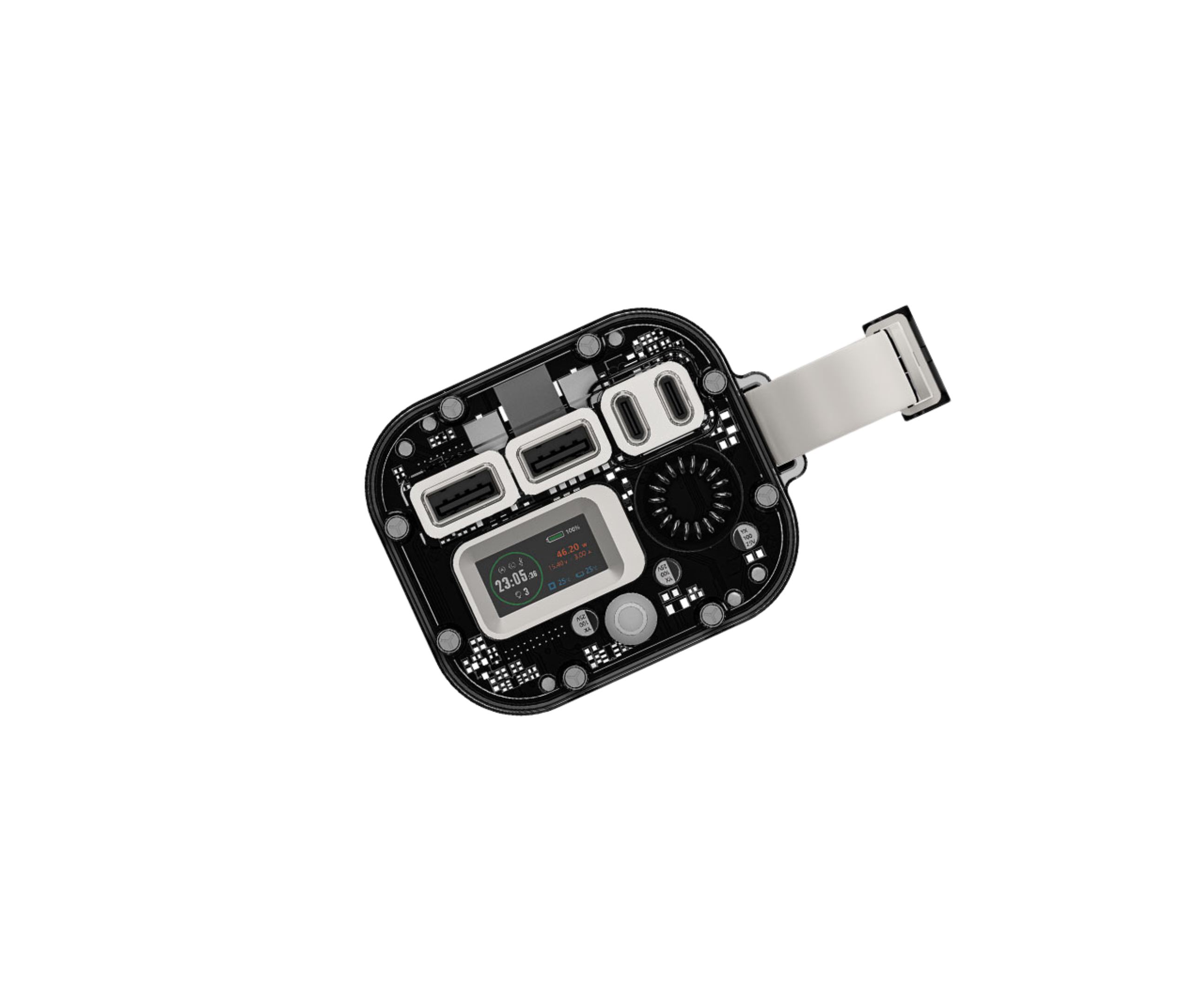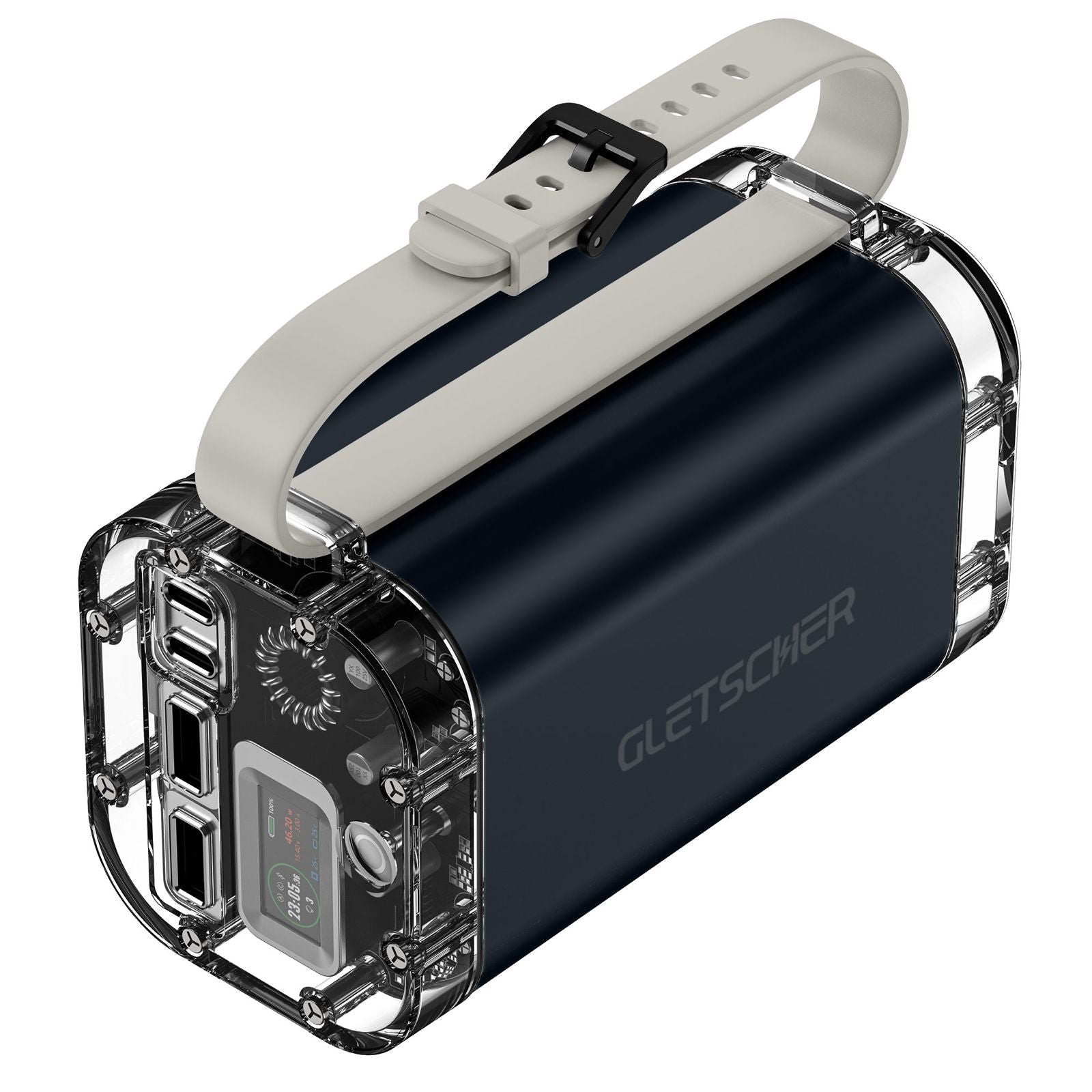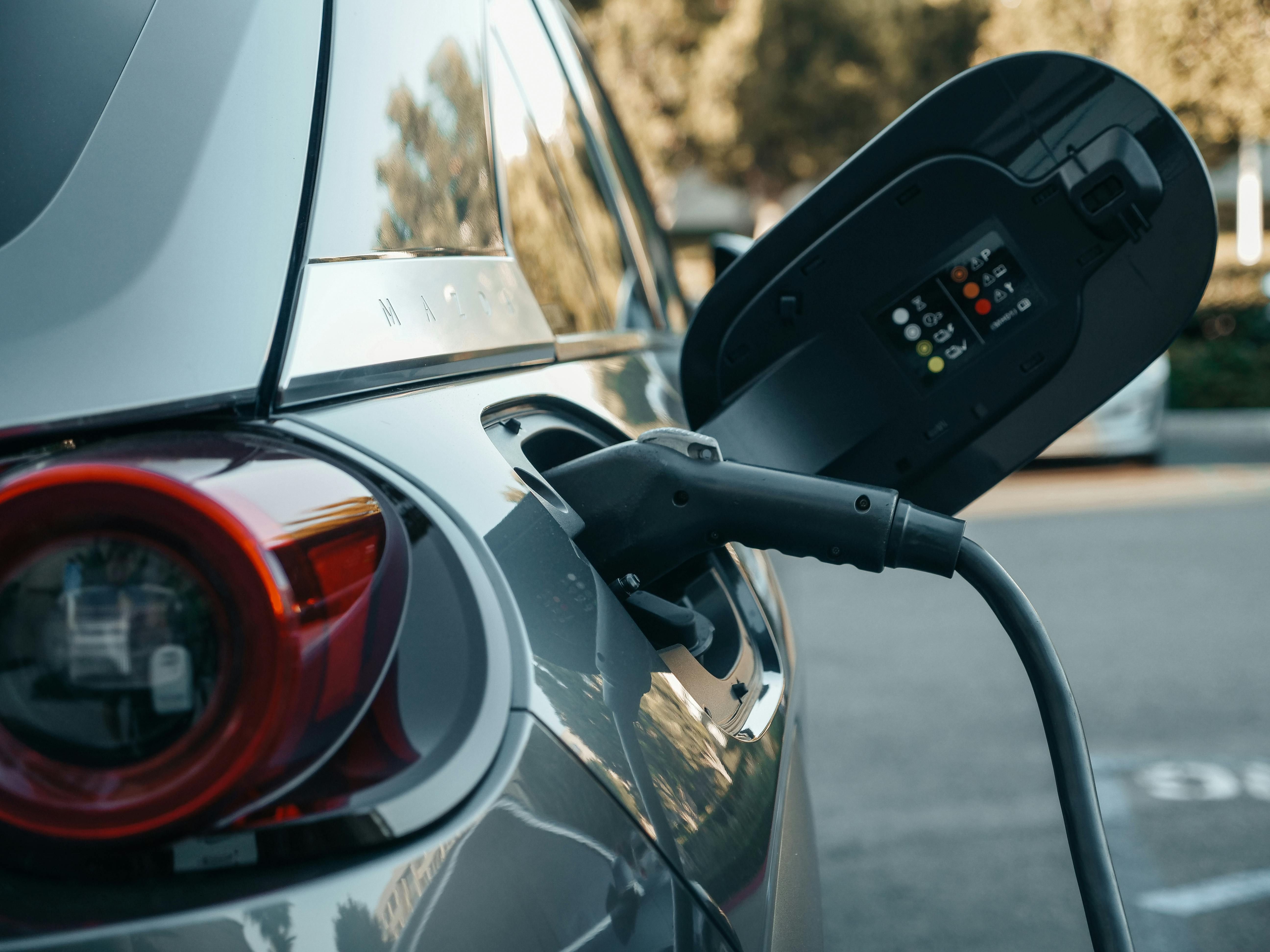As solar and energy storage deployments rise across the Gulf Cooperation Council (GCC), building code compliance is no longer a secondary consideration—it’s a central pillar for successful and sustainable energy infrastructure. Countries like the UAE, Saudi Arabia, and Oman are now introducing updated construction, fire safety, and electrical codes tailored specifically to photovoltaic (PV) and battery energy storage systems (BESS). For developers, EPC contractors, and government entities, understanding and aligning with these evolving codes is critical to avoid costly redesigns, gain faster approvals, and ensure long-term performance and safety.
Why Building Codes Matter in Renewable Energy Projects
Building codes are regulatory standards established to ensure public safety, structural integrity, environmental compliance, and resilience. For solar and energy storage systems, building codes influence:
-
Mounting structure design and wind loading parameters
-
Electrical wiring safety (including cable derating, conduit specs)
-
Separation distances between solar panels and other equipment
-
Fire and explosion prevention in lithium-ion battery enclosures
-
Access and maintenance pathways for rooftop installations
-
Thermal management and ventilation requirements
A non-compliant design can lead to rejected permits, delayed projects, or worse, on-site hazards.
Key GCC Authorities and Their Regulations
1. UAE (Dubai and Abu Dhabi)
-
Dubai Electricity and Water Authority (DEWA) and Abu Dhabi Distribution Company (ADDC) require adherence to both the UAE Fire and Life Safety Code of Practice and IEC standards.
-
PV systems must comply with Dubai Green Building Regulations, which define loading conditions, roof accessibility, waterproofing, and inverter housing.
-
Battery storage projects—especially C&I—must follow Civil Defense Guidelines for flammability rating, spacing, and room ventilation.
2. Saudi Arabia (KSA)
-
The Saudi Building Code (SBC) has recently introduced SBC 401 and SBC 503, covering electrical and energy systems.
-
SEC (Saudi Electricity Company) approval is mandatory, and installations must meet NFPA 855-inspired requirements for large-scale battery deployments.
-
The Ministry of Municipal and Rural Affairs and Housing (MOMRAH) enforces solar installation rules for new construction permits.
3. Oman
-
Oman’s Authority for Public Services Regulation (APSR) mandates GSO and IEC compliance, while solar rooftops must follow PDO technical specs.
-
For storage, fire separation, emergency shutoff, and battery cell casing standards are under development.
4. Qatar
-
Kahramaa (Qatar General Electricity & Water Corporation) governs grid-connected solar and energy storage systems.
-
Compliance with Qatar Construction Specifications (QCS) and IEC standards is mandatory for PV systems.
-
Fire and life safety codes follow NFPA guidelines, and rooftop solar on commercial buildings requires detailed structural analysis and submission to Qatar Civil Defence (QCD).
5. Bahrain
-
The Sustainable Energy Authority (SEA) sets technical regulations in line with the Bahrain Building Code, encouraging rooftop solar deployment.
-
Battery systems must comply with IEC 62619 and UL 9540 standards for residential and commercial approvals.
-
Grid integration requires coordination with the Electricity and Water Authority (EWA) for performance and safety.
6. Kuwait
-
Kuwait Institute for Scientific Research (KISR) provides technical frameworks for solar compliance in public projects.
-
Utility-scale systems must meet Ministry of Electricity & Water (MEW) protocols, which now increasingly refer to IEC 61215 and NFPA 70/855.
-
Urban energy projects are regulated under the Kuwait Municipality Construction Code, which governs roof loading and fire access.
Engineering for Code Compliance: Solar Systems
Structural Load Compliance
Desert conditions require PV mounting systems to withstand:
-
Wind speeds of up to 160 km/h in exposed zones
-
Sand accumulation loading: design for static loads exceeding 2400 Pa
Mounting structures must be certified under EN 1991-1-4 and tested to UL 2703 or equivalent.
Cable Routing and Fire Safety
-
LSZH (Low Smoke Zero Halogen) cables are now preferred across the GCC
-
Conduits must meet IP65 minimum ingress protection standards
-
5-meter separation is enforced between AC and DC conduits in Dubai
Access and Maintenance Requirements
-
Rooftop PV systems must leave a minimum 1-meter walkway
-
Building code mandates perimeter access points every 20 meters for large solar arrays
Engineering for Code Compliance: Battery Storage Systems
Thermal and Ventilation Standards
-
Lithium-ion battery enclosures must maintain ambient temperature below 25°C
-
Forced ventilation systems must meet 5 air changes per hour minimum
-
Use of fire-rated BESS containers (EI 120 rated) is becoming standard
Separation and Containment
-
BESS installations over 50 kWh must be separated by 3 meters from any other building structure
-
Fire-rated barriers required for indoor deployments (60–90 minutes minimum rating)
Compliance with International Benchmarks
-
NFPA 855, UL 9540A, and IEC 62933 are now recommended in most GCC tenders
-
Developers must submit Battery Management System (BMS) protocol specs as part of design approval
Approval Workflow and Documentation
To ensure smooth project execution, developers must prepare:
-
Civil defense design drawings
-
Load calculations with wind tunnel or CFD simulation evidence
-
Electrical single-line diagrams (SLD) with fault current calculations
-
PV system commissioning plans
-
Battery thermal runaway containment reports
Documentation that includes simulation data and third-party certifications (IEC, UL, NFPA) speeds up approval timelines significantly.
Challenges Developers Face
-
Multiple overlapping authorities (e.g., Dubai Municipality vs. Civil Defense)
-
Rapidly evolving codes—what passed last year might not be approved today
-
Inconsistent interpretations between site inspectors
Best Practices for GCC Compliance
-
Work with certified local consultants experienced in DEWA, SEC, and MOMRAH workflows.
-
Invest in modular, code-tested components (racks, connectors, BESS)
-
Include thermal simulation and CFD reports in your permit application
-
Standardize internal QA/QC to match NFPA and IEC compliance checkpoints
Looking Ahead
With the GCC’s ambitious goals for decarbonization and solar adoption, building codes will only grow more detailed and integrated. Developers who invest upfront in engineering for compliance will not only avoid project delays but also deliver systems that perform better, last longer, and meet the region’s rising sustainability benchmarks.
As Gletscher Energy continues to support integrators and public clients across the region, we offer advisory services, pre-certified product lines, and compliance-ready designs to reduce friction and speed time-to-market.









